The Shift to Practicing Intuitive Wellness at Work

Words / Jan McLeod
There is no shortage of wellness messages telling you what you need to do to be well and no doubt in many instances these are well intentioned. However, like me, you live in a world where to-do lists are long and where often the overriding feeling is that you are short on the time needed to get them done. Receiving another to-do list can feel, well, like another to-do list — basically a little overwhelming. The risk is you might simply tune out because it’s all about what you need to do rather than how you can find a way of incorporating it into your busy life. I would like to introduce you a different concept, one that likely calls for a shift in your thinking. One that asks you to move away from focusing entirely on what you should do and to refocus on what’s driving your wellness choices. It’s called intuitive wellness.
The conventional approach to wellness focuses on giving you a list of wellness activities connected to the goals you wish to achieve. It often leans towards being prescriptive. It is generally premised on a formula which, if you follow it, will allow you to achieve your wellness goals. Intuitive wellness is different. It asks you to focus initially on raising your understanding as to the why of your choices. Its aim is to connect your choices with the feeling and thinking driving your choices, to have you understand what is influencing your wellness decisions and choices because, once you understand these, you are in a more informed position to understand what to change.
1. Intuitive eating
Let’s use the example of unhealthy eating and specifically the use of a food diary. An intuitive wellness food diary will ask you to record what you eat and when you eat; however, it will also ask you to record how you feel and what you’re thinking when you eat. For example, are you bored, angry, frustrated, stressed, hungry? Is eating a way of rewarding yourself or is it simply because those around you are eating and you don’t want to appear different? There could be many reasons. Do you understand why you eat when you eat? Research into the use of food diaries indicates you can be eating as much as 40 per cent more than you think you are eating. A food diary based on the principles of intuitive eating can increase your understanding of what you eat, how you feel, what you think or, more simply, why you eat.
2. Intuitive work hours
Now, let’s take working long hours as an example. Record when you arrive and leave work, what you do at work and importantly, what you were feeling and thinking when you made work decisions. Additionally, you may discover a range of emotions and thoughts. Maybe you are feeling bored, irritated, frustrated, overwhelmed, stressed, motivated or inspired. It will help you gain clarity about the why of your decisions — not only the feelings you are experiencing but also the associated thinking. It’s my experience in coaching and mentoring that, unless you understand and then choose to redress issues in the why driving your behaviour, it will be difficult to change your behaviour and, importantly, sustain changes you want to make.
A shift in thinking
Intuitive wellness is asking you to make a shift in your thinking. Intuitive wellness encourages you to understand how you are feeling and what you are thinking when you make decisions and, in turn, to understand if these are working for your performance and your workplace wellness. I believe doing the same thing but expecting a different result is not a sign of madness, as the familiar expression states; rather, it’s a missed opportunity — a missed opportunity to do things differently, to give you a chance to achieve and sustain a different outcome. If you haven’t been able to achieve and sustain the performance workplace wellness you wanted in the past year, I encourage you to make a shift in your thinking and adopt intuitive wellness.



Sorry, the comment form is closed at this time.